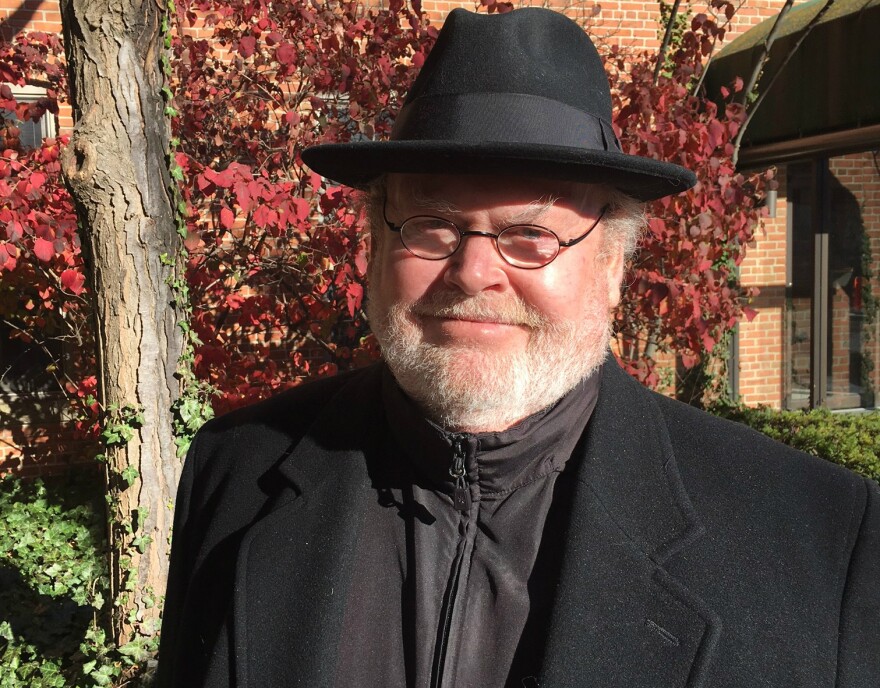How much do you care about the ultimate story of your life?
For many people, that final story is contained within their obituary.
There are short, very terse obituaries, and there are those that run the length of the newspaper page.
Just what are we looking for in an obituary? And, in the brave new era of the selfie, how many people decide to write their own?
Thomas Lynchjoined us today to talk about what goes into writing an obituary and what they can tell us about the deceased and those they leave behind.
Lynch is the long-time director of Lynch & Sons Funeral Home in Milford. He’s an internationally acclaimed poet and essayist. His collection of essays, The Undertaking: Life Studies from the Dismal Trade won the American Book Award and was a finalist for the National Book Award.
His second essay collection, Bodies in Motion and at Rest, won the Great Lakes Book Award.
Lynch calls obituaries “one of the honorable duties of the living to the dead.”
“Good funerals are ones that by getting the dead where they need to go, the living get where they need to be,” he said. “On this same continuum is this notion of a life review, a record kept of what it is that just happened.”
Lynch told us a good obituary’s first job is to serve as a notice of death.
“Someone who has been, is no longer. Someone has ceased to be in the way that is remarkable and shocking and breathtaking,” he said.
Second, a good obituary should review how this person came to be who they are.
“Every one of us is the same but different,” he said. “We are one-of-a-kind and one of a kind.”
Lynch told us that death is an opportunity for the living to contemplate not only their personal loss, but also the nature of mortality.
“Whatever the case, they’ve had a lot of time to think about how they came to be here, next to someone who is, slowly sometimes, rapidly other times, ceasing to be, and what they meaning of that is,” he said.
“And I really do think that has separated our species from all the other things that live and die. We’re the ones who look into the maw of that ceasing to be and say things like, is that all there is? Can this happen to me? Am I all alone? What comes next? Why is it cold? These are questions that rock bass and rhododendrons never ask, but humans do.”
Lynch tells us more about writing obituaries and what they mean for the living in our conversation above.
(Subscribe to the Stateside podcast on iTunes, Google Play, or with this RSS link)







